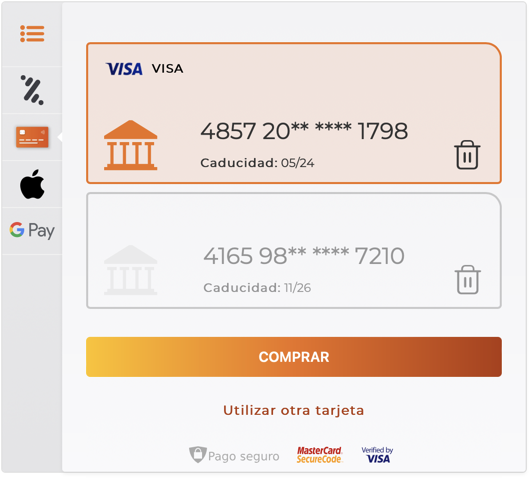Store Payment Data (Tokenization)
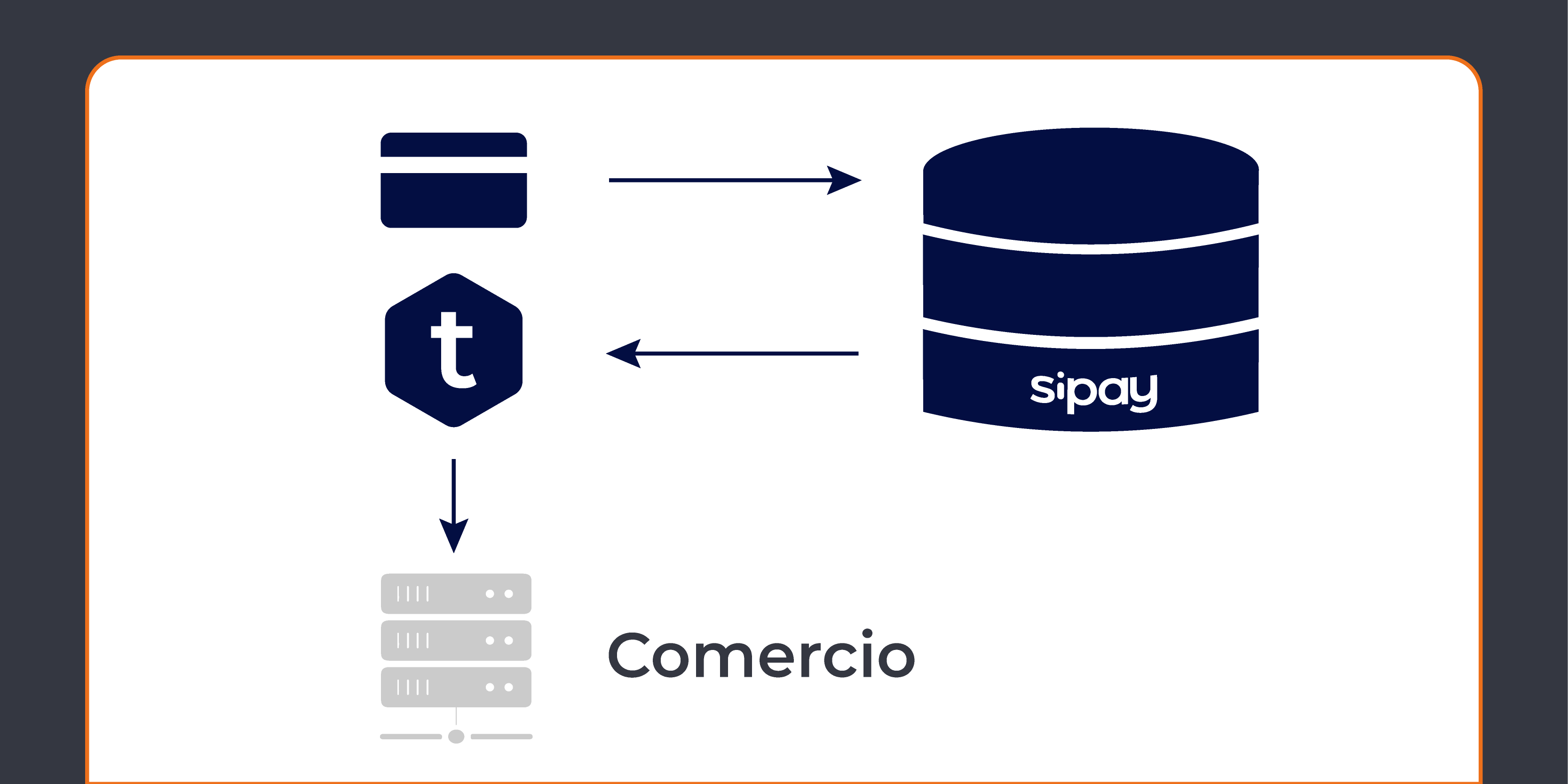
This process, also known as tokenization, simply involves securely storing your customer’s card data in our systems.
This means that, as a Merchant, you can retain your customers' card details to facilitate future purchases through one-click payments or subscriptions.
The process will create a token identifier that you, as a Merchant, will store in your database, associated with your user. Behind that identifier, our platform securely stores the complete card data except for the CVV.
This model is known as local tokenization, meaning that the token identifier can only be used on our platform.
We support two local tokenization models:
- Traditional
- Token Wallet
Traditional
In this model, the merchant must manage the token identifier and store it in their own database along with other user data.
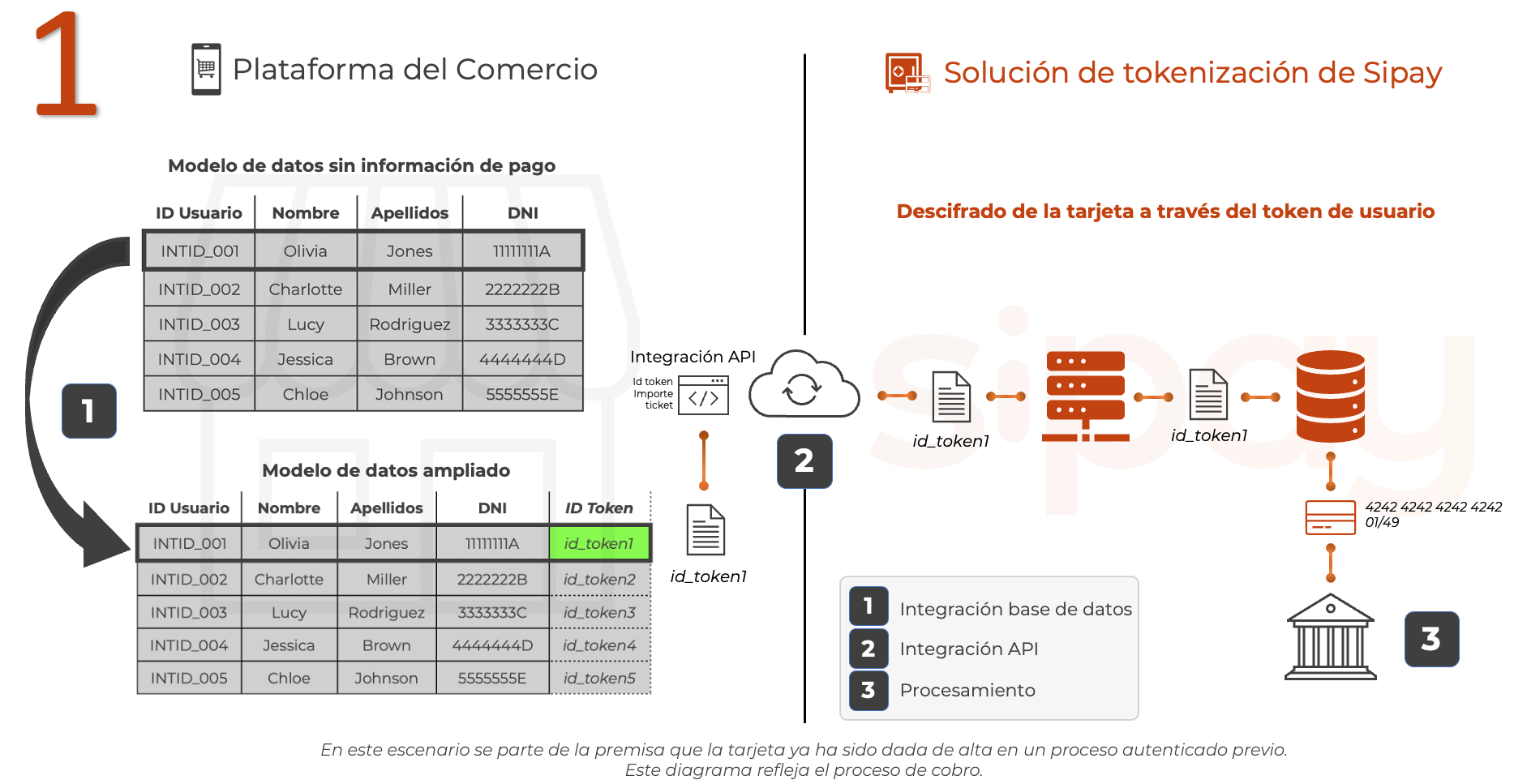
To capture card data, you can use any of our integration methods:
Token Wallet
This model assumes that the Merchant has information about their user. In other words, the user is already registered in your database with a unique identifying attribute. Examples of this attribute might include an auto-incrementing ID, a national ID, etc.
The Merchant would use this unique user attribute to store all token identifiers in our system. You don't need to share the attribute in plain text; you can use a standard algorithm available in any programming language, like SHA256, SHA512, etc., to generate a new unique value.
This setup allows you to store multiple cards per user without altering your database.
In Diagram 2, you can see how a Merchant should implement and develop their system to have multiple tokens per user:
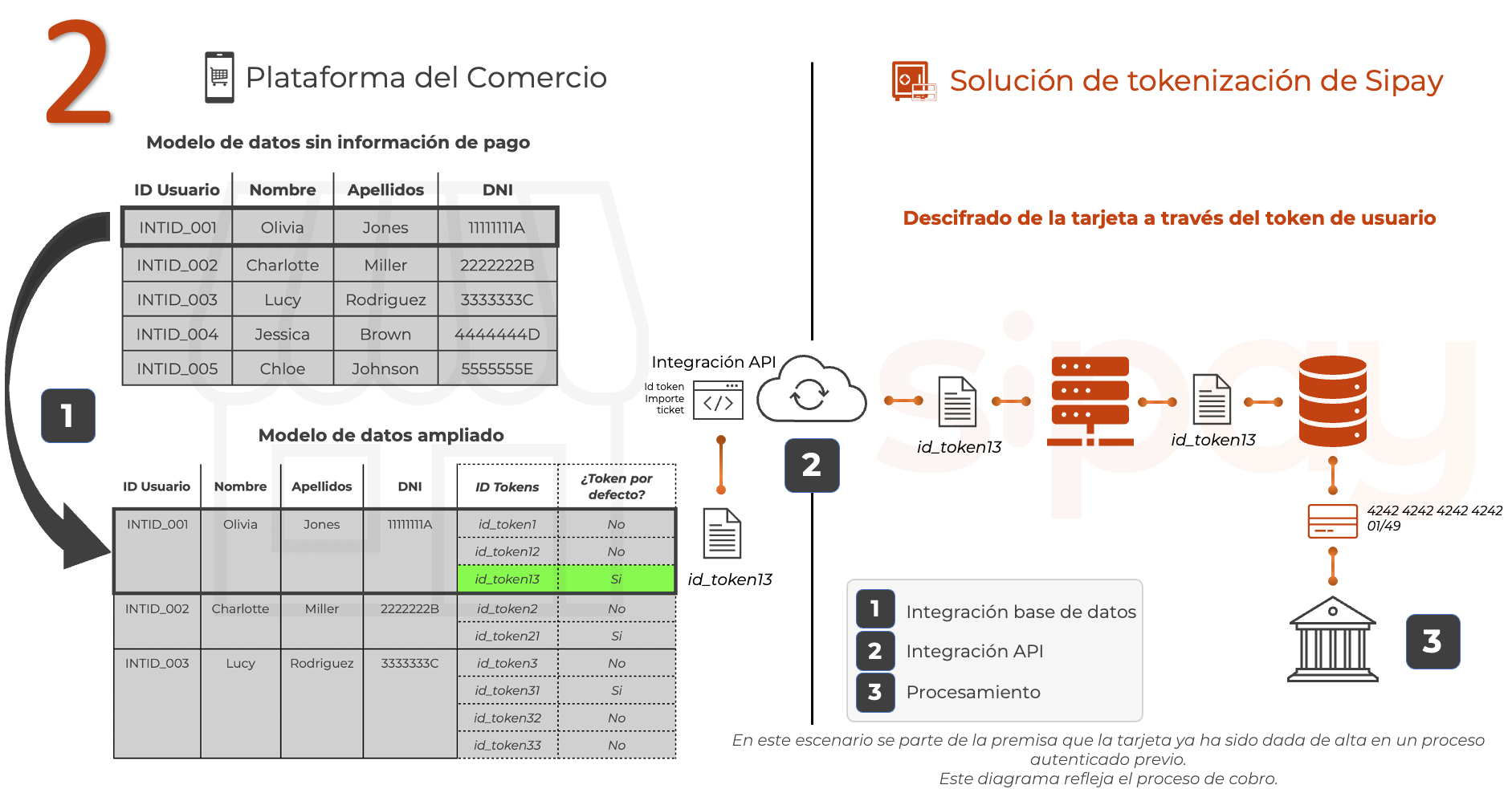
In Diagram 3, you can see the solution our platform provides without requiring any integration effort in your database:
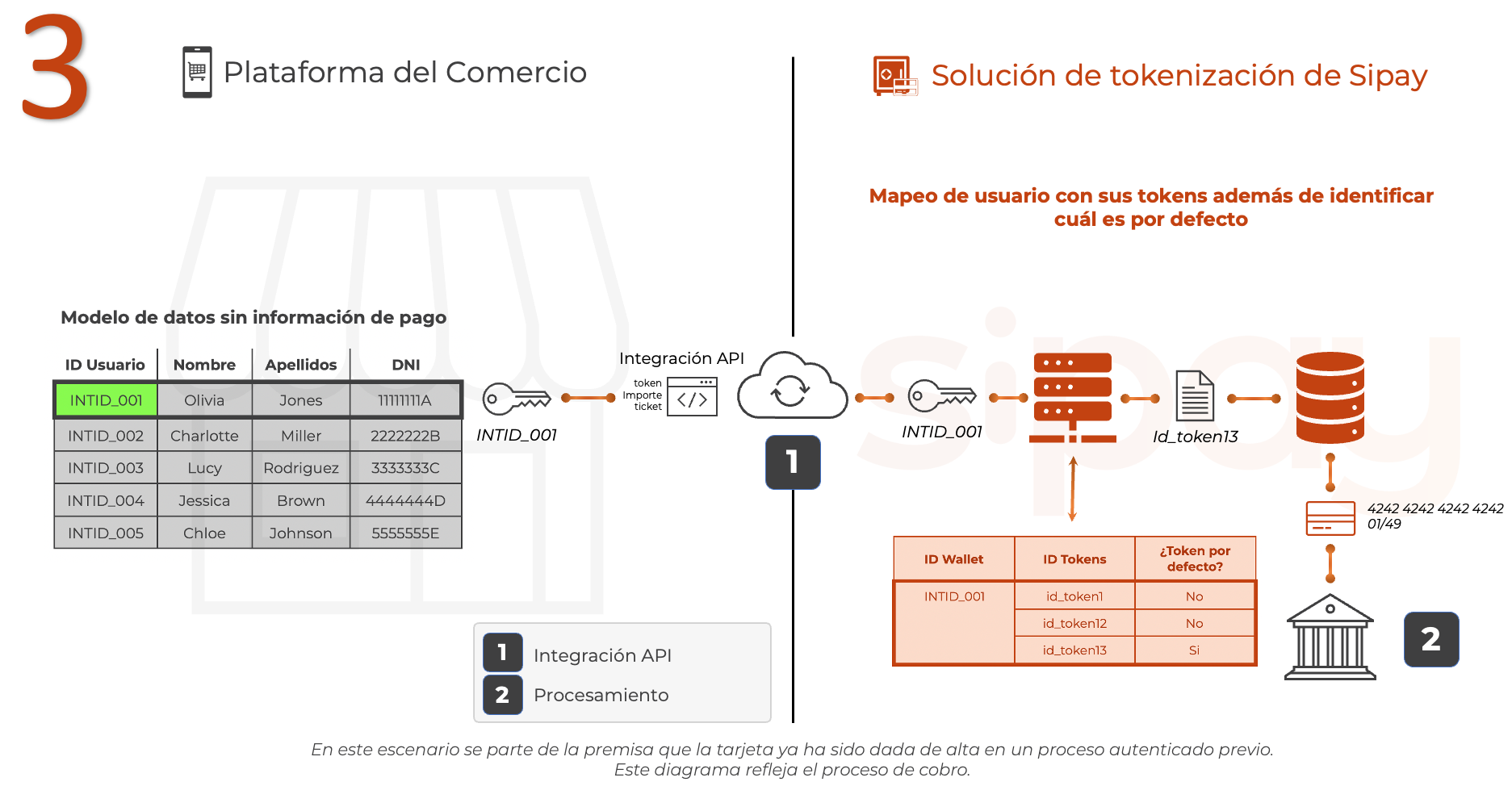
The visual aspect you’ll get in our product will look similar to the following image:
